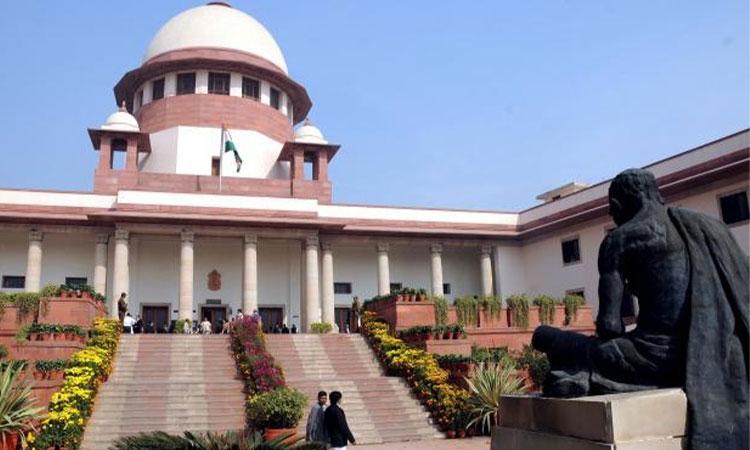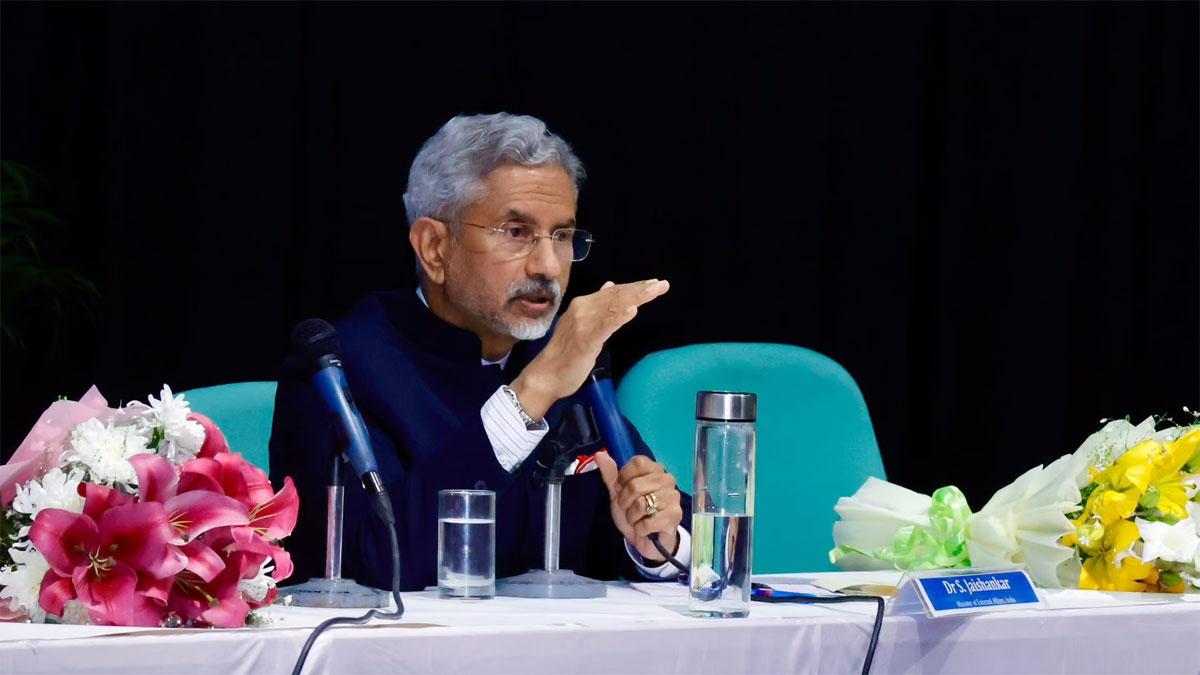The Supreme Court on Friday declined to entertain a plea seeking a direction to the Centre to correct the state emblem of India, recently installed at the top of the Central Vista project at New Delhi, which is going to house the Parliament House and Central Secretariat in accordance with the State Emblem of India (Prohibition of Improper Use) Act, 2005.
A bench comprising Justices M.R. Shah and Krishna Murari asked the petitioners' counsel, "so you will decide the design? it depends upon how you look at it." The bench further added that the impression depends upon the mind and it depends on one's perception.
The bench said it cannot be said to be against any provision and there is no violation of the State Emblem Act, as it dismissed the plea.
The plea was moved by two advocates Aldanish Rein and Ramesh Kumar Mishra. The plea urged the top court to issue a direction to the Central government to correct the state emblem of India, recently installed at the top of the Central Vista project at New Delhi in accordance with the State Emblem of India (Prohibition of Improper Use) Act, 2005.
Also Read | SC Collegium recommends 3 new chief justices for HCs, transfers 2
The plea said the newly installed state emblem of India at the top of Central Vista project has a visible difference in the design of lions which depicts a changed composure of the lions than that of the symbol preserved in the Sarnath museum.
Also Read | SC: All women entitled to safe and legal abortion
"The lions of the new installed emblem appear to be ferocious and aggressive with their mouth open and canine visible, while the lions of the state emblem preserved in the Sarnath museum, which has been used as official seal so far in all respects, are calm and composed," said the plea.
The plea submitted that the Sarnath lion capital of Ashoka was adopted as the state emblem of India due to its philosophical and spiritual meaning. It added that the state Emblem of India is not just a graphic design but also has entrenched cultural and philosophical significance which ought not have been altered unmindfully and illegally. "The respondent, by effecting a visible change in the design of the national emblem, has manifested gross arbitrariness in violating the sanctity of the state emblema", said the plea.


















